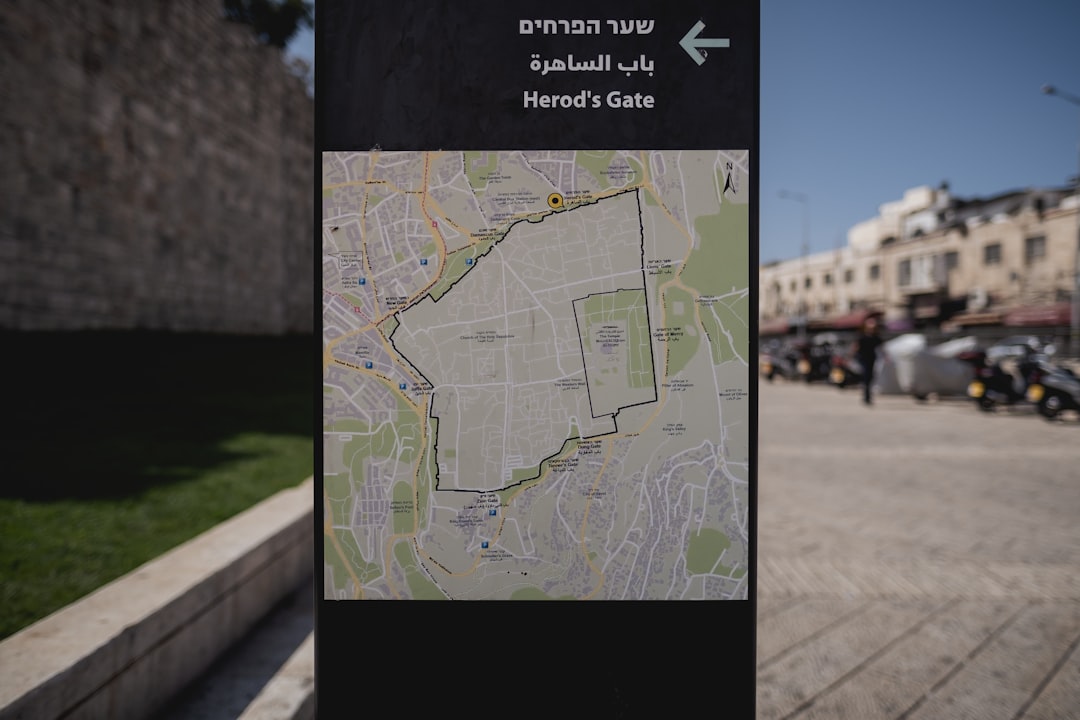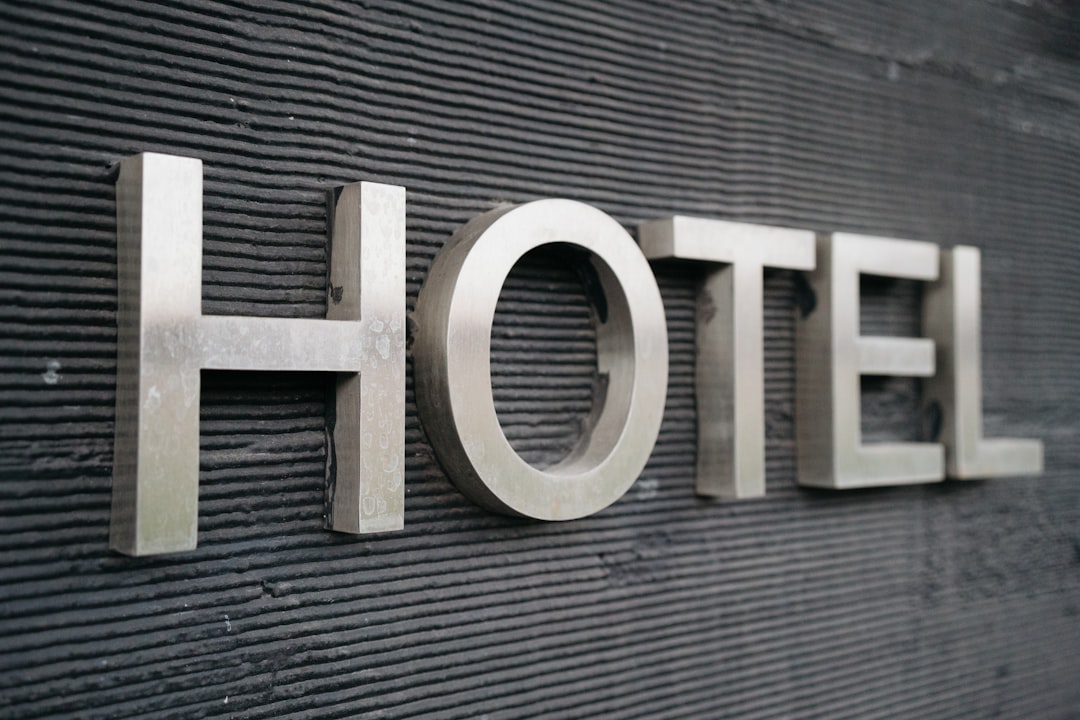The hospitality industry is rapidly evolving, driven by changes in consumer behavior, advancing technologies, and shifting economic landscapes. As 2025 approaches, hoteliers must adopt innovative marketing strategies not only to remain competitive but also to thrive in an increasingly digital and experience-focused marketplace. Understanding the latest hotel marketing trends is crucial for crafting campaigns that resonate with future travelers.
1. Hyper-Personalized Guest Experiences
Gone are the days of one-size-fits-all marketing. In 2025, personalization is expected to be the gold standard. Leveraging data analytics, artificial intelligence (AI), and machine learning will allow hotels to deliver more tailored guest journeys—from booking to checkout.
Hotels will benefit from offering:
- Dynamic content based on previous guest behavior
- Tailored promotions using loyalty program data
- Curated experiences based on guest preferences
By integrating customer relationship management (CRM) tools with smart booking engines, hoteliers can anticipate guest needs and provide memorable, customized stays that foster loyalty and drive repeat business.

2. Voice Search and Conversational AI
Voice-activated search and conversational interfaces are gaining traction among consumers, making them indispensable for hotel marketing. In 2025, more bookings are expected to be influenced by voice-activated devices like smart speakers or mobile assistants.
To stay ahead, hotels should:
- Optimize website content for voice-search queries by focusing on natural language phrases
- Integrate AI chatbots that handle inquiries and reservations efficiently
- Use voice-friendly SEO strategies to improve online visibility
These tools not only streamline operations but also enhance the booking experience, paving the way for higher guest satisfaction.
3. Interactive and Immersive Content
In a visually driven digital world, compelling imagery and interactive media are essential to engage potential guests. Virtual reality (VR) tours, 360-degree videos, and augmented reality (AR) previews allow users to visualize accommodations and amenities before booking.

Key types of immersive content to prioritize in 2025 include:
- VR tours of rooms and facilities featured on websites or social platforms
- AR guides for exploring onsite services or nearby attractions
- Short-form and live videos on platforms like TikTok and Instagram Reels
These tools help convert website traffic into confirmed bookings by creating a sense of familiarity and excitement around the guest experience.
4. Sustainable and Ethical Branding
Modern travelers—especially millennials and Gen Z—expect the brands they support to align with their values. In 2025, sustainability and ethical hospitality practices will become pivotal in marketing strategies.
Hotels looking to future-proof their reputation should emphasize:
- Eco-friendly initiatives such as water conservation and waste reduction
- Local community partnerships supporting culture and economy
- Transparent sourcing for food, amenities, and services
Highlighting these values through authentic storytelling and certifications (such as LEED or Green Key) will build trust with conscientious travelers.
5. Direct Booking Campaigns and Data Privacy
As third-party commission fees continue to eat into profit margins, encouraging direct bookings remains a crucial priority. However, with increasing regulations around data privacy, transparent and responsible handling of guest data is essential.
Smart strategies include:
- Loyalty programs that reward direct bookings
- Personalized email marketing with opt-in consent
- Secure data storage in compliance with GDPR or CCPA standards
Striking a balance between personalization and privacy ensures your marketing efforts remain both effective and compliant.
6. Social Media Commerce and Influencer Partnerships
In 2025, there will be an even stronger convergence between social media and e-commerce. Hotels must view platforms like Instagram, Facebook, and TikTok as both discovery engines and direct booking channels. Partnering with micro-influencers can provide authentic endorsements while reaching highly engaged niche audiences.
Effective approaches include:
- Shoppable stories and in-feed posts for instant reservations
- Geo-targeted ads highlighting last-minute offers for local travelers
- Influencer collaborations around unique, story-worthy experiences
Social validation continues to shape travel decisions, making strong digital narratives vital for success.
Conclusion
The hotel marketing landscape of 2025 presents both challenges and unprecedented opportunities. Hoteliers that embrace personalization, leverage emerging technologies, and communicate a clear value proposition will not only capture the attention of tomorrow’s travelers but also build meaningful, long-term relationships. Staying agile and informed is no longer optional—it’s a requirement for future-proof success.
